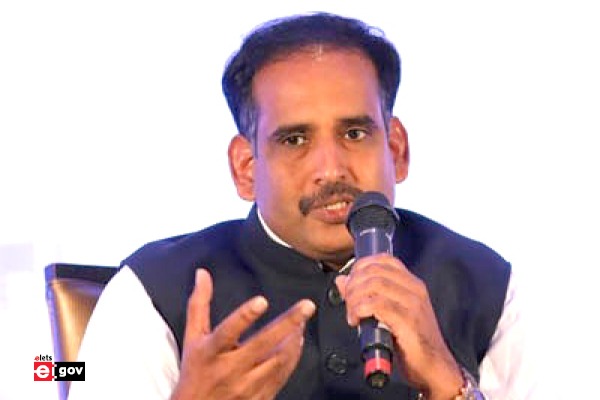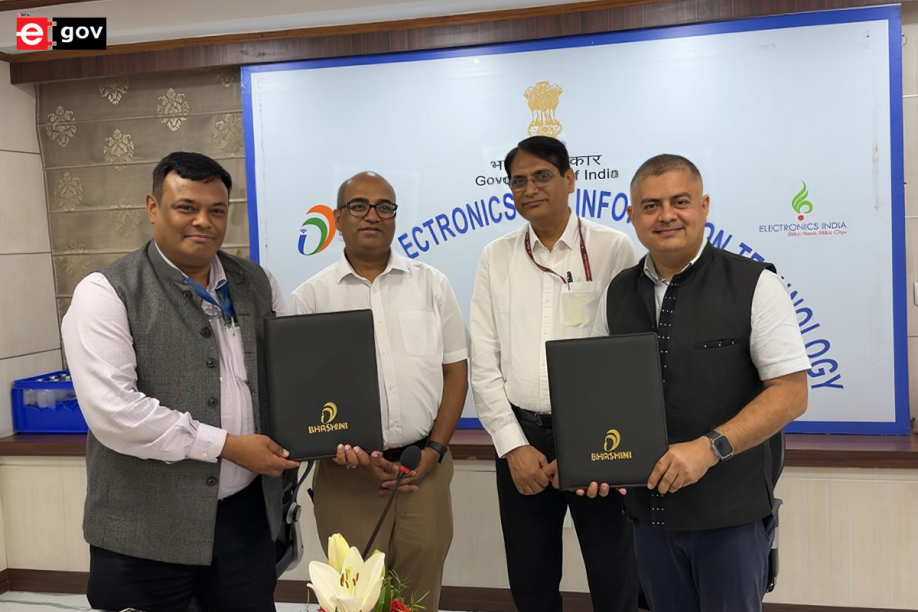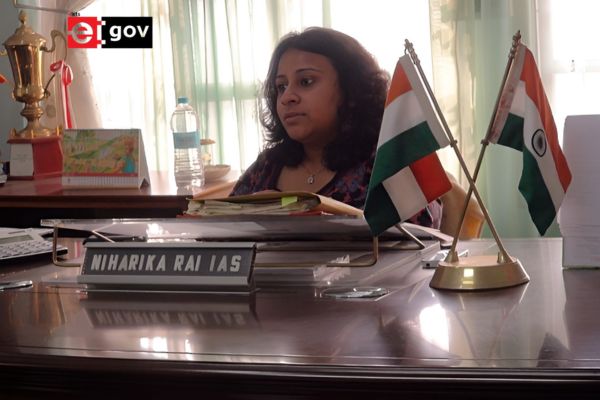
In a major stride toward digital governance and data-driven policymaking, the Maharashtra government has approved the State Data Policy, which will be implemented under the newly established State Data Authority. This initiative, led by the Maharashtra Institution for Transformation (MITRA), aims to enhance evidence-based decision-making, streamline data collection, and facilitate efficient governance across various sectors.
The policy is designed to assist the Government of Maharashtra (GoM) in monitoring key economic indicators at the district level. This includes tracking district Gross Domestic Product (GDP), manufacturing output, employment statistics, and private investment trends. To achieve this, the government will develop district-specific dashboards, enabling authorities to analyze real-time data and make informed policy decisions. This initiative aligns with the Maharashtra Institutional Strengthening Project, which is funded by the World Bank.

The implementation of the State Data Policy is expected to standardize and integrate statistical data across all government departments. This will lead to improved accuracy and consistency in data management, thereby reducing inefficiencies in administrative processes.

One of the primary goals of the policy is to alleviate the burden on frontline workers, such as Anganwadi workers and Krushi Sahayaks, who are currently responsible for manual data collection. The new digital framework will incorporate Aadhaar-linked databases and Direct Benefit Transfer (DBT) mechanisms, ensuring a more streamlined and error-free approach to data gathering. By automating these processes, the policy will enable frontline workers to focus on delivering essential public services rather than spending time on paperwork.

The initiative is part of the broader MahaStride project, a World Bank-supported effort aimed at fostering digital transformation and governance reforms in Maharashtra. Through this project, the state government seeks to leverage technology to enhance service delivery, transparency, and administrative efficiency.

The policy comes at a crucial time when the Maharashtra government is taking measures to ensure that welfare schemes reach the right beneficiaries. A key focus area is the verification of beneficiaries under various state-sponsored initiatives, such as the Mukhyamantri Majhi Ladki Bahin Yojana. The policy will facilitate cross-verification of data to prevent duplication and remove ineligible recipients from government welfare programs.
For instance, the government has already identified and removed approximately 500,000 ineligible beneficiaries from the Ladki Bahin Yojana. Among them, around 230,000 women were found to be simultaneously receiving benefits under the Sanjay Gandhi Niradhar Scheme. Additionally, individuals who were also enrolled under the Namo Shetkari Mahasanman Nidhi Yojana have seen their monthly payouts adjusted to prevent redundancy in financial assistance.
Also Read | Maharashtra’s Roadmap to a $1 Trillion Economy by 2028 Leading India in FDI, GDP, and Exports
With the implementation of the State Data Policy, Maharashtra is set to establish a robust data governance framework that ensures transparency and efficiency in policymaking. The initiative underscores the government’s commitment to leveraging data for improved public service delivery while fostering economic growth through evidence-based strategies.
Be a part of Elets Collaborative Initiatives. Join Us for Upcoming Events and explore business opportunities. Like us on Facebook , connect with us on LinkedIn and follow us on Twitter, Instagram.
"Exciting news! Elets technomedia is now on WhatsApp Channels Subscribe today by clicking the link and stay updated with the latest insights!" Click here!













